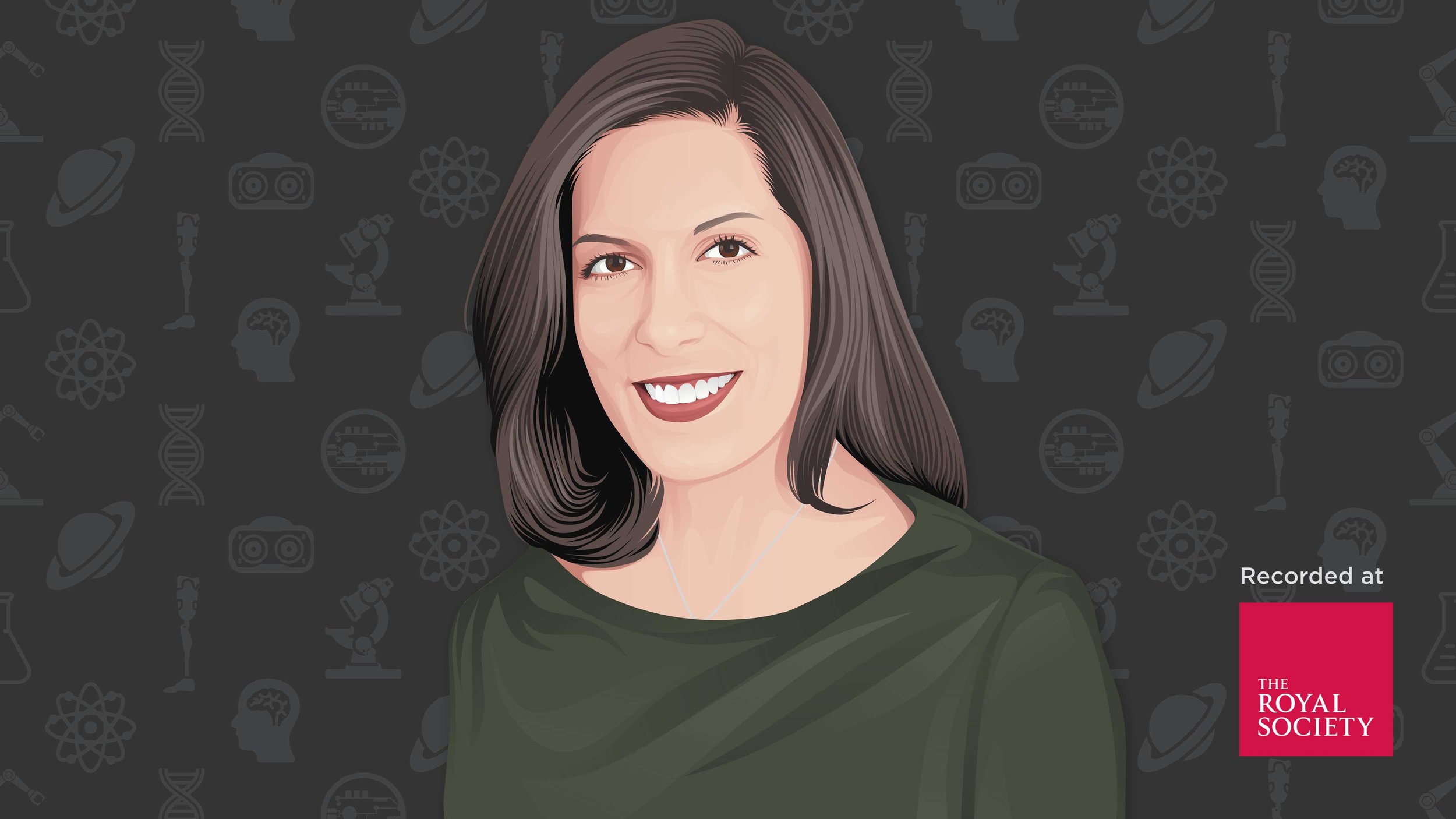A Right to Cognitive Liberty w/ Prof. Nita Farahany
BONUS | The Royal Society #01
Listen on Apple Podcasts | Spotify | Google Podcasts | YouTube | SoundCloud | Goodpods | CastBox | RSS Feed
Bonus episode recorded in-person at The Royal Society Neural Interfaces Summit in September 2023.
Summary
Legal scholar Nita Farahany shares her insights into protecting our privacy through the right to cognitive liberty, how neuro-technology can enhance our understanding of mental health, and why the public should demand self-access to their brain data.
Guest Bio
Nita Farahany is Professor of Law & Philosophy at Duke Law School, Director of Science & Society, and Faculty Chair of the MA in Bioethics & Society Policy. Since 2010, she has served on Obama’s Presidential Commission for the Study of Bioethical Issues. Her scholarship focuses on the ethical, legal, and social implications of biosciences and emerging technologies, particularly those related to neuroscience and behavioral genetics. She is an elected member of the American Law Institute, Chair of the Criminal Justice Section of the American Association of Law Schools, is one of the co-founding editors-in-chief of Journal of Law and the Biosciences, and serves on the Board of the International Neuroethics Society. She received an AB from Dartmouth College, an MA, PhD, and JD from Duke University, and an ALM from Harvard University.
Featured Book
The Battle for Your Brain: Defending the Right to Think Freely in the Age of Neurotechnology
Imagine a world where your brain can be interrogated to learn your political beliefs, your thoughts can be used as evidence of a crime, and your own feelings can be held against you. A world where people who suffer from epilepsy receive alerts moments before a seizure, and the average person can peer into their own mind to eliminate painful memories or cure addictions.
Neuroscience has already made all of this possible today, and neurotechnology will soon become the “universal controller” for all of our interactions with technology. This can benefit humanity immensely, but without safeguards, it can seriously threaten our fundamental human rights to privacy, freedom of thought, and self-determination.
From one of the world’s foremost experts on the ethics of neuroscience, The Battle for Your Brain offers a path forward to navigate the complex legal and ethical dilemmas that will fundamentally impact our freedom to understand, shape, and define ourselves.
Transcript
Coming Soon
Credits
If you enjoyed listening to this episode of the FUTURES Podcast you can help support the show by doing the following:
Subscribe on Apple Podcasts | Spotify | Google Podcasts | YouTube | SoundCloud | Goodpods | CastBox | RSS Feed
Write us a review on Apple Podcasts or Spotify
Subscribe to our mailing list through Substack
Producer & Host: Luke Robert Mason
Assistant Audio Editor: Ramzan Bashir
Transcription: Beth Colquhoun
Join the conversation on Facebook, Instagram, and Twitter at @FUTURESPodcast
Follow Luke Robert Mason on Twitter at @LukeRobertMason
Subscribe & Support the Podcast at http://futurespodcast.net


